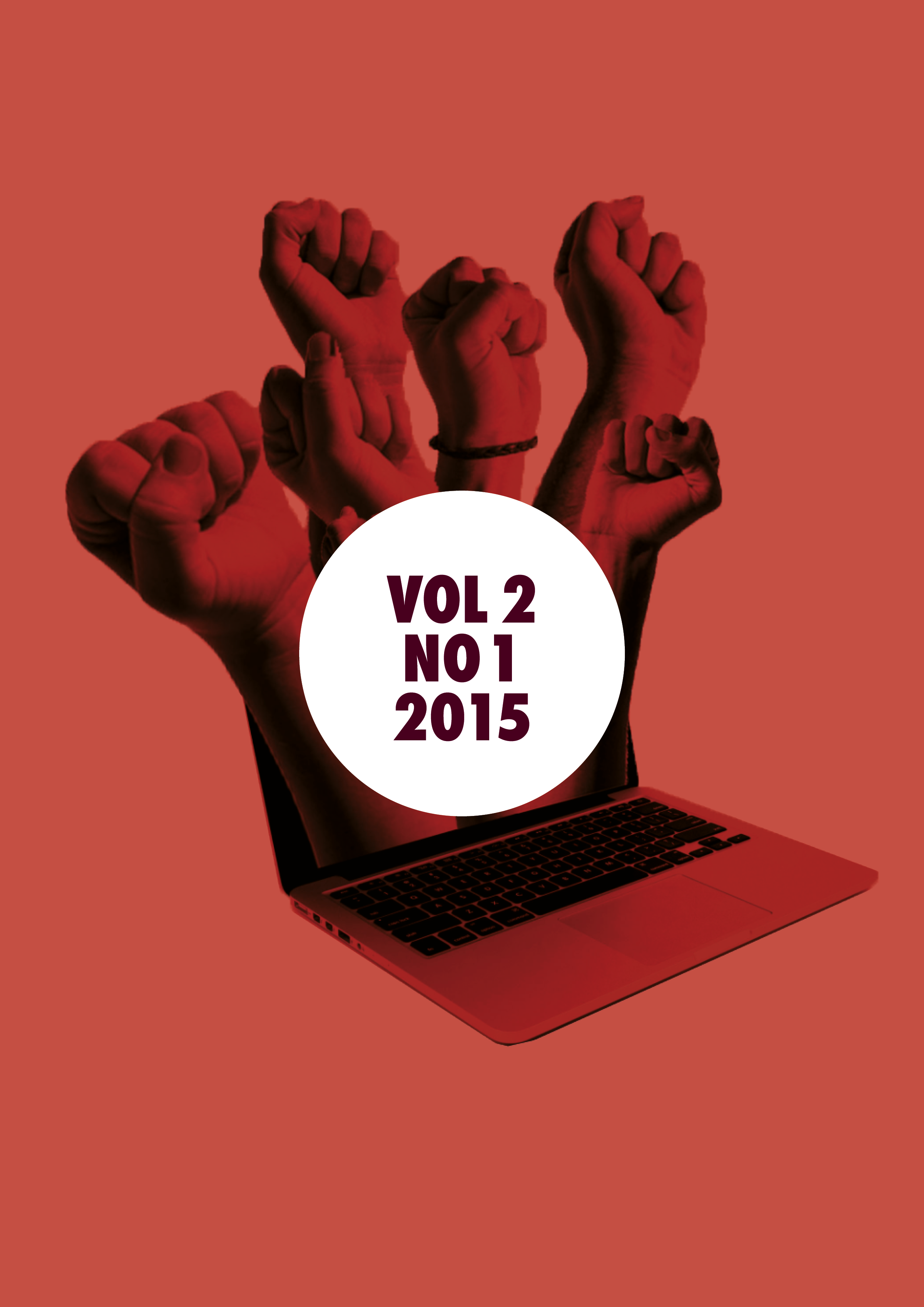Mediatizing Shame: Posthumanitarianism and Participatory Development Ethics in Radi-Aid’s Activist Awareness Campaigns
DOI:
https://doi.org/10.7146/tjcp.v2i1.22275Keywords:
Activism, participation, advocacy, awareness, development, ethics, posthumanitarianism, clicktivism, mediatization, shameAbstract
This article studies the Norwegian Students and Academics’ International Assistance Fund’s (SAIH) hoax advocacy campaign, Radi-Aid. The paper distinguishes between advocacy campaigns that are designed as fund- raising and awareness campaigns targeted at changing political attitudes towards humanitarianism. The article argues that Radi-Aid is a mediatized activist awareness campaign that negotiates participatory development ethics. The focus is thus on Radi-Aid’s engagement in an ethics that explores the functionality of celebrities and lifestyle posthumanitarianism and the participation of local communities. While posthumanitarianism might simply be dismissed, for instance, through notions of low engagement participation such as clicktivism and life-style activism, the article argues that Radi-Aid is itself a form of posthumanitarianism. This posthumanitarian- ism is crucial because it works as a form of détournement that simultaneously shames participants and makes existent humanitarian communities present to one another and turns them into political collectives. As such, Radi-Aid can be interpreted as a reconfiguration of posthumanitarianism that offers the shamed a remedy by means of the participatory development ethics.
Downloads
Published
How to Cite
Issue
Section
License
Copyright (c) 2015 Conjunctions. Transdisciplinary Journal of Cultural Participation

This work is licensed under a Creative Commons Attribution-NonCommercial-NoDerivatives 4.0 International License.
Copyright (c)): Author
This work is licensed under a Creative Commons Attribution-NonCommercial-NoDerivatives 4.0 International License.





